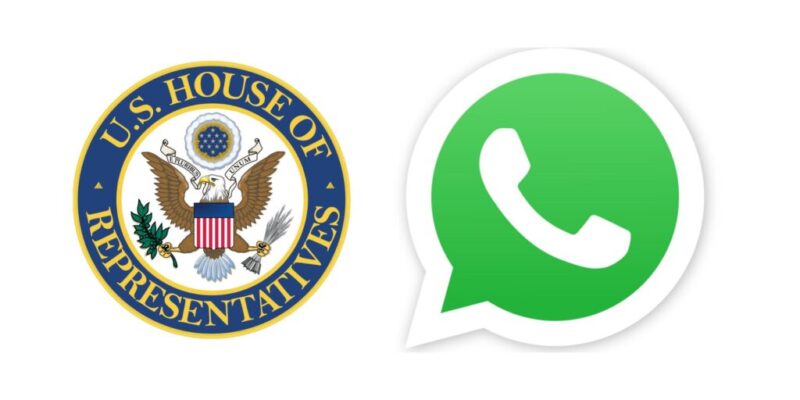The United States House of Representatives has banned the use of WhatsApp on government-managed devices, citing cybersecurity threats and lack of transparency in the app’s data handling protocols.
An internal memo sent Monday by the Chief Administrative Officer (CAO) informed congressional staff that the messaging platform, owned by Meta, poses high risks to users’ personal and institutional data. The directive comes amid growing scrutiny in Congress over digital tools deemed vulnerable to data breaches or misuse.
“The Office of Cybersecurity has deemed WhatsApp a high-risk to users due to the lack of transparency in how it protects user data, absence of stored data encryption, and potential security risks involved with its use,” reads the email obtained by Axios. “House staff are NOT allowed to download or keep the WhatsApp application on any House device.”
By Ruvarashe Gora
Meta, however, has strongly pushed back. “We disagree with the House Chief Administrative Officer’s characterization in the strongest possible terms,” said Andy Stone, spokesperson for Meta. “Messages on WhatsApp are end-to-end encrypted by default, a higher level of security than most of the apps on the CAO’s approved list.”
The House CAO listed alternative platforms deemed secure, including Microsoft Teams, Signal, iMessage, and FaceTime. Officials also urged staffers to stay alert for phishing scams and suspicious communications.
This move reflects a wider effort in Congress to tighten control over digital tools used within government. Similar restrictions have been placed on apps linked to ByteDance, DeepSeek, and even AI platforms like Microsoft Copilot and ChatGPT, where only the paid “Plus” version is allowed for use.
While WhatsApp remains widely used across political offices including the Senate, the House ban marks another flashpoint in the ongoing battle between tech giants and U.S. government cybersecurity policies.














Comments